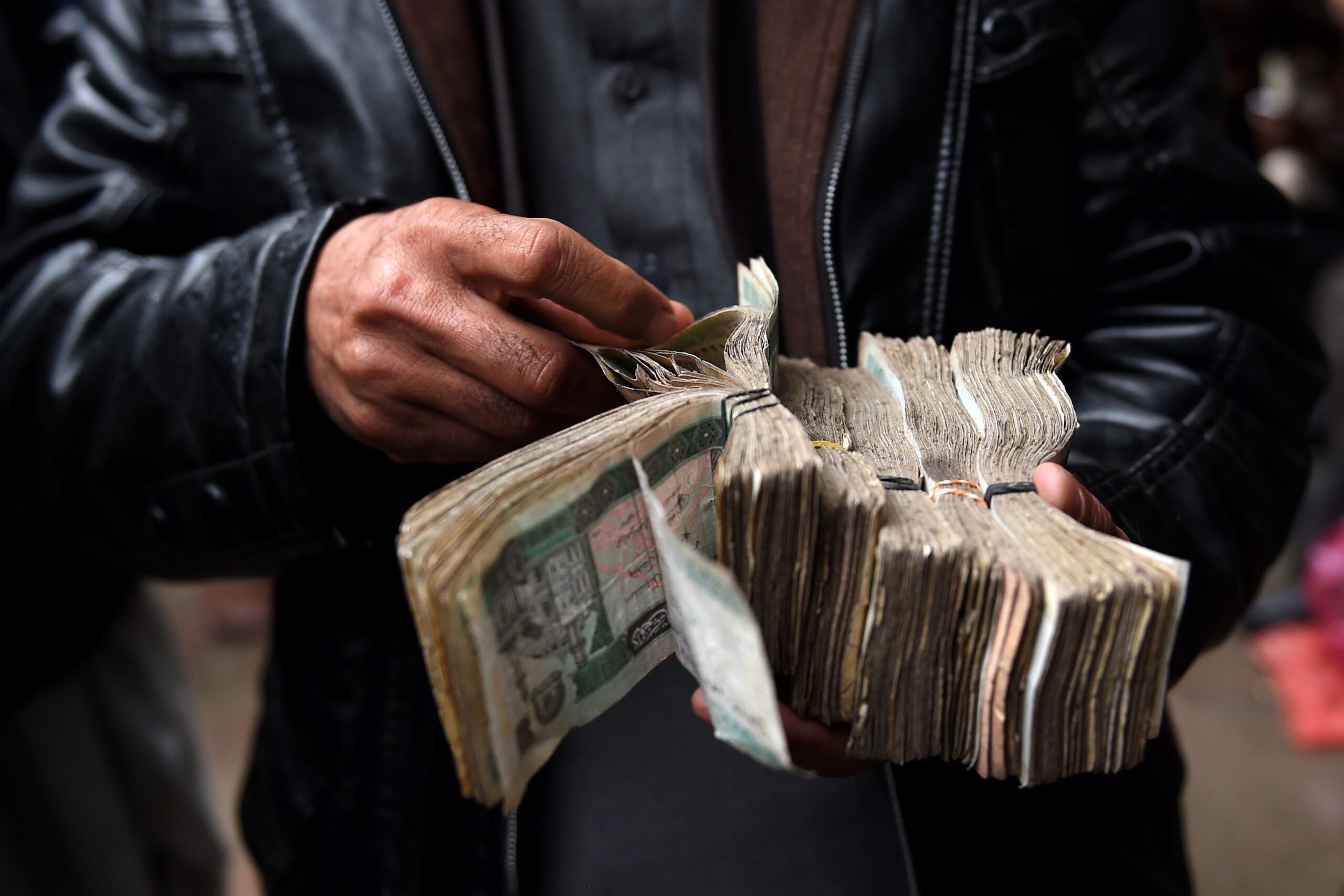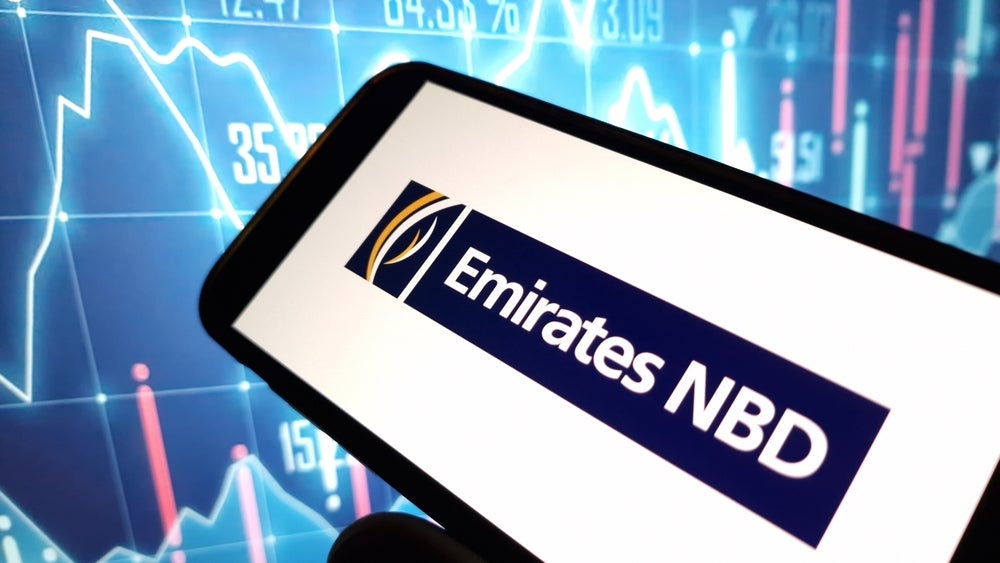

After 43 years of continuous civil war, many Afghans are hoping that Taliban rule may at least bring some form of stability to the country. The reaction of the international community, however, threatens to plunge the country into an economic crisis.
On 13 August, as Taliban forces advanced towards Kabul, the US cut off funding to the Afghan government.
The country had become reliant on regular shipments of physical dollars to fund its imports, but the Biden administration was concerned that any further cash transfers would only fall into the hands of the Taliban. The next shipment had been due on 15 August, the day Kabul fell.
“The next shipment never arrived,” the bank’s now-former governor Ajmal Ahmady wrote on Twitter. “Seems like our partners had good intelligence as to what was going to happen.”
Two days later, the US further tightened the screws, freezing $7bn in assets owned by Afghanistan’s central bank. According to Ahmady, just 0.1–0.2% of Afghanistan’s total international reserves are likely to be accessible to the new government.
The International Monetary Fund, apparently under pressure from the US government, soon followed suit. The intergovernmental organisation confirmed that it would be withholding Afghanistan’s access to the $340m in Special Drawing Rights, which had been scheduled for distribution on 23 August.
Moreover, major donors have threatened to cut aid to the country, voicing concerns about the risk of severe backsliding on women’s rights.
The EU has put €1.2bn of long-term and emergency aid on hold, though it intends to continue providing humanitarian aid. "We will not give another cent if the Taliban takes over the country and introduces Sharia law," Germany’s foreign minister told broadcaster ZDF.
These concerns are shared by a vast majority of Afghans, as shown by a survey from the Asia Foundation conducted in February this year. While 67% of the respondents said they would accept Taliban rule in exchange for peace, just 11% were willing to accept a ban on women’s education.
Since taking power, the Taliban has repeatedly insisted that women will be allowed to continue their education and employment, but human rights groups are sceptical. According to reports, two female reporters at the national broadcaster have already been forced off-air, while others have received death threats.
While the Taliban has allegedly benefited substantially from non-Western donors, notably Pakistan, Iran and Russia, these flows are unlikely to be enough to stabilise the economy.
“They might make a difference to some extent for running insurgencies,” Brookings Institute scholar Vanda Felbab-Brown told The World. “[But] they are nowhere adequate to be running a country.
“Pakistan's own financial resources are constantly in trouble, with the Pakistani economy struggling. Russia has never been very generous with terms of large international aid in Afghanistan.
“In other parts of the world, Iran, which also has significantly improved its relations with the Taliban, is bankrupt. So, outside of the Western donors, the principal sources of economic aid for a Taliban government would be the Gulf, Saudi Arabia, United Arab Emirates, potentially Qatar and potentially China.”
The looming crisis
The effects of a funding shortfall on Afghanistan’s political stability could be severe and long-lasting.
“The United States is likely not going to be paying $2bn for the Afghan security forces, as it has been before the Taliban takeover,” Felbab-Brown said. “So, that means that some number of soldiers, say 100,000 soldiers, will now be unemployed and unpaid.”
The US decision to render huge swathes of Iraq’s pre-invasion security apparatus unemployed is widely credited as creating the conditions for the rise of the so-called Islamic State.
“At the end of the day, liquid cash is crucial,” Felbab-Brown said. “And if that money is not delivered, if it stops coming, one of the quite rapid economic effects will be that poor people will find it hard to buy food, even just basic survival on a day-to-day basis.”
Aside from the effect on public spending, there is also the risk that a sudden halt to cash inflows, whether through aid, trade or remittances, will lead to a sharp depreciation of the currency and spiralling inflation.
With little to export and much to import, Afghan’s current account deficit in 2019 was the 12th highest in the world, standing at 19.7% of GDP. Overseas development aid, equivalent to 113% of the deficit, has been crucial to stabilising the economy, with grants funding 75% of public spending. As the World Bank put it in April, “Afghanistan’s economy is shaped by fragility and aid dependence.”
Remittances have also been a vital source of capital inflows, equivalent to 29% of Afghanistan’s current account deficit in 2019. These are likely to have been severely disrupted by Western Union’s decision to temporarily cease operations in the country.
The currency has already depreciated significantly, losing 7% of its value in the three days after 17 August.
"I think the economic situation will deteriorate. I would expect donor flows [of aid] to significantly decline over the next couple of months, and that's going to cause... the currency to depreciate,” Ajmal Ahmady, the former governor of Afghanistan’s central bank, told the BBC.
"That's going to in turn lead to higher inflation, pressure on the banking system, and in turn higher poverty rates.”
The underlying economy of Afghanistan
Another potential threat to the Afghan economy is the Taliban’s plans to once again stamp out the country’s lucrative opium trade.
Shortly before the NATO invasion in 2001, the group had succeeded in almost wiping out the sector. Afghanistan’s opium output quickly rebounded under occupation and today accounts for 84% of global production, according to the UN.
However, revenues from the trade are not as significant to the Taliban’s finances as is often assumed. In Nimruz province, a centre for Afghanistan’s illicit trades, the opiates sector is estimated to account for just 3.4% of the Taliban’s total tax revenue.
In the longer term, the future of the Afghan economy is more likely to depend on whether it can take advantage of the estimated $1trn worth of minerals buried beneath its surface. A 2010 Pentagon memo described Afghanistan as having the potential to become the “Saudi Arabia of lithium.”
A vital element in electric batteries, global demand for the mineral is expected to increase 40-fold by 2040 as major economies transition to clean energy.
Over the past decade, corruption, mismanagement and persistent security issues have made it all but impossible for Afghanistan to benefit from these riches. According to GlobalData, there are currently just six mines operating in the country, none of which are harvesting lithium.
According to data from the UN, there have been only five new greenfield FDI projects announced in the country in the past five years. Neighbouring Tajikistan, with a GDP less than half of Afghanistan’s, has had 25.
If the Taliban can stave off a civil war and achieve some degree of international legitimacy, it is possible that foreign direct investment (FDI) could allow the country to take advantage of this surge in demand.
Yet, FDI can be a curse as well as a blessing – especially when it comes to minerals. The infamous ‘resource curse’ that has afflicted many of Africa’s resource-rich nations, which remain some of the poorest on Earth, could spell further dysfunction and chaos for Afghanistan.
A few nations, such as Saudi Arabia, Norway and Chile, have managed to take advantage of their resource reserves while avoiding the destabilising and impoverishing effects of the curse.
The World Trade Organisation attributes their success to “the well-established need for transparency in revenue streams, for controls to prevent corruption, and for measures to set and enforce best-practice environmental standards.”
Taking over from a government declared the 12th most corrupt in the world last year, few would imagine that the Taliban will reach these lofty heights within the next decade. Yet, desperate for a secure stream of revenues, there may be little choice.
If the Taliban is unable to secure the necessary international support to stabilise its government and embark on what would, under any circumstances, be a remarkable feat of state-building, the future of the country is bleak.







